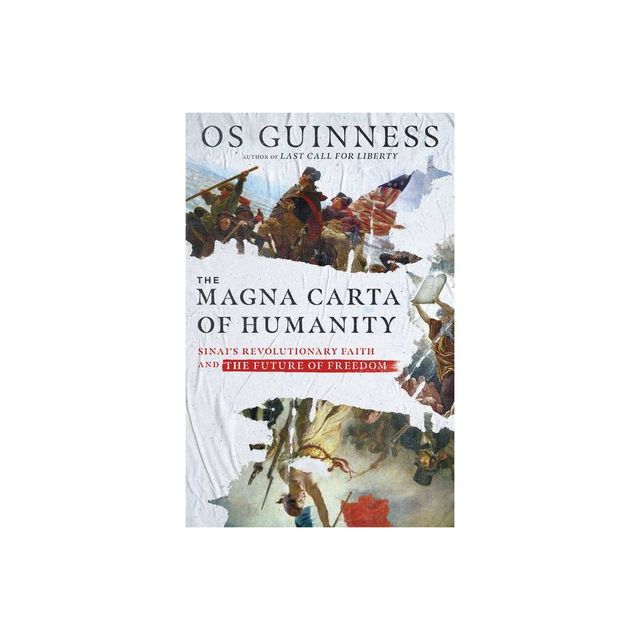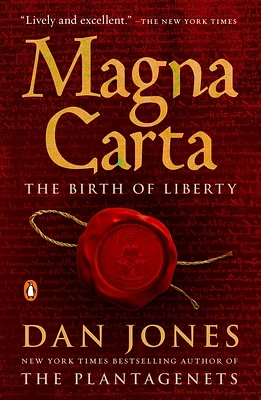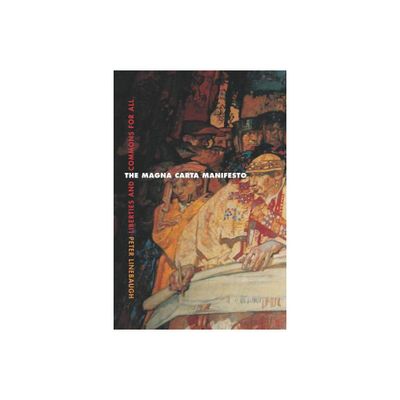Home
The Magna Carta
Loading Inventory...
Barnes and Noble
The Magna Carta
Current price: $4.99


Barnes and Noble
The Magna Carta
Current price: $4.99
Loading Inventory...
Size: Paperback
*Product Information may vary - to confirm product availability, pricing, and additional information please contact Barnes and Noble
Magna Carta
(1215) is a peace treaty drafted by Archbishop of Canterbury Stephen Langton in coordination with the English barons. Intended as an appeal to King John of England on behalf of the barons,
was agreed to on June 15, 1215. Although it was not initially respected, leading to the First Barons' War,
was later revised and reissued as part of the Treaty of Lambeth in 1217, establishing peace between King Henry III and the rebel barons.
Dissatisfied with the rule of King John, rebel barons gathered in Northampton in May of 1215 to renounce their feudal ties to the crown. Unwilling to accept arbitration with the Pope on behalf of the King, the barons forced John to meet with them at Runnymede on June 10, 1215. Over the next ten days, and under the direction of Stephen Langton, they turned their demands into a charter now known as
. Agreed to by King John on June 15, the
proposed major political reforms, including the protection of the rights of the church, protection from unjust imprisonment, and limits on feudal payments and other forms of taxation due to the King. Although
focuses on the rights of barons, it also articulates the rights of serfs and other free men. Recognized as a foundational document on the concept of liberty,
is widely respected in Britain and the United States, and served as a major influence on the creation of the United States Constitution.
With a beautifully designed cover and professionally typeset manuscript, this edition of
is a classic of English political history reimagined for modern readers.
(1215) is a peace treaty drafted by Archbishop of Canterbury Stephen Langton in coordination with the English barons. Intended as an appeal to King John of England on behalf of the barons,
was agreed to on June 15, 1215. Although it was not initially respected, leading to the First Barons' War,
was later revised and reissued as part of the Treaty of Lambeth in 1217, establishing peace between King Henry III and the rebel barons.
Dissatisfied with the rule of King John, rebel barons gathered in Northampton in May of 1215 to renounce their feudal ties to the crown. Unwilling to accept arbitration with the Pope on behalf of the King, the barons forced John to meet with them at Runnymede on June 10, 1215. Over the next ten days, and under the direction of Stephen Langton, they turned their demands into a charter now known as
. Agreed to by King John on June 15, the
proposed major political reforms, including the protection of the rights of the church, protection from unjust imprisonment, and limits on feudal payments and other forms of taxation due to the King. Although
focuses on the rights of barons, it also articulates the rights of serfs and other free men. Recognized as a foundational document on the concept of liberty,
is widely respected in Britain and the United States, and served as a major influence on the creation of the United States Constitution.
With a beautifully designed cover and professionally typeset manuscript, this edition of
is a classic of English political history reimagined for modern readers.

















